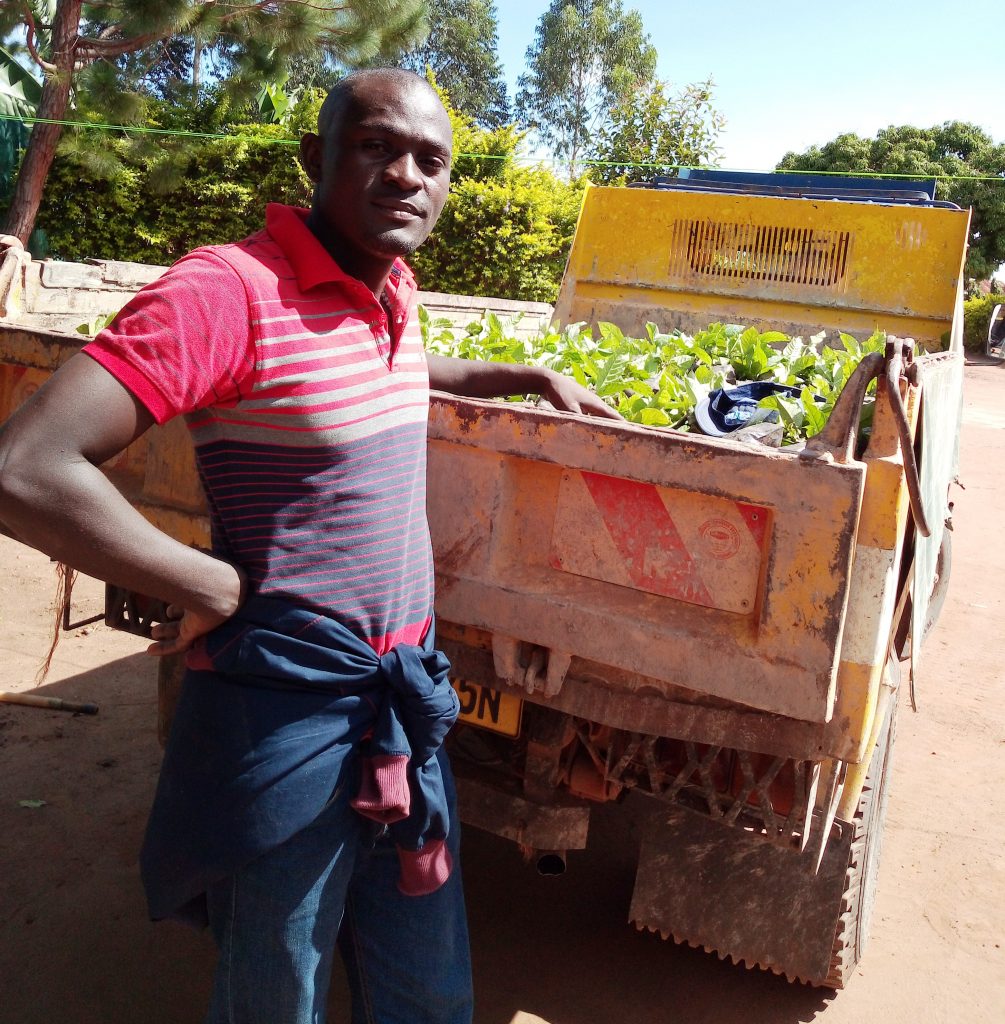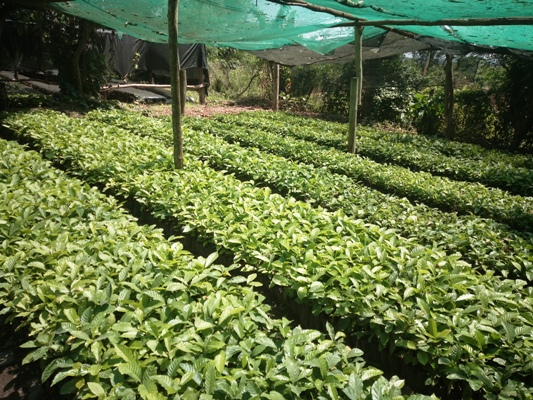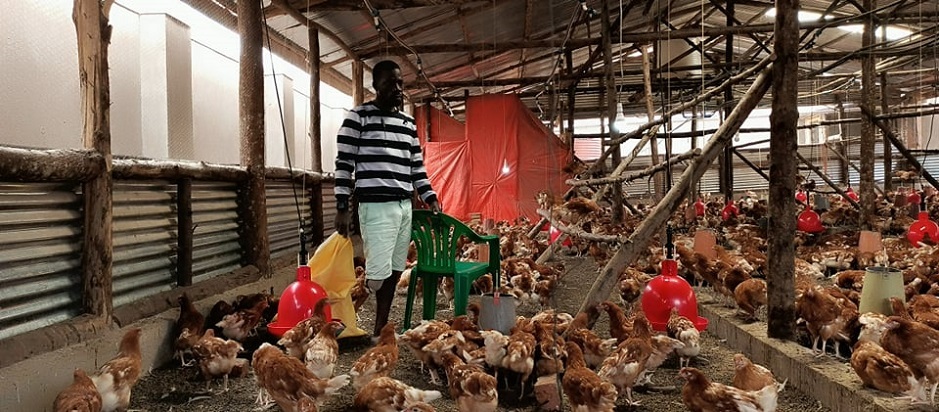A few months ago, I traveled to Wobulenzi town; about 46 kilometers North of Uganda’s capital Kampala to procure some Clonal coffee plantlets for my small coffee farm located in Kakumiro district, about 200kms –North-West of the city.
It’s worth noting that many coffee nursery bed operators in the country including myself don’t have Clonal coffee plantlets/cuttings (many of us have seedlings).
A Clonal plantlet on average costs Shs1, 500.
I don’t know of any nursery operator with Clonal coffee plantlets in greater Kibaale, with the nearest being in Mubende at Kaweri Coffee Plantation.
However, I was offered an attractive discount in Wobulenzi, the reason why I skipped Mubende so that I could save a few shillings.
Needless to say, cuttings are more high-yielding and disease resistant compared to Robusta elite seedlings although the former requires extra care.
While at the nursery site in Wobulenzi, I found a Pakistan national, who had come to collect 10,000 Clonal plantlets. His presence got me curious and asking questions.
How many Ugandans can spend Shs15m on buying coffee plantlets? How many Ugandans are into large scale commercial farming? What has attracted foreigners to venture into commercial farming in Uganda?
The above burning questions got me interacting with people at the nursery site including workers who had accompanied the investor.
I was told that there are many foreign nationals/investors cultivating various crops in Luweero and Nakasongola districts.
I was also told that the true definition of large scale farming dwells in Luweero and Nakasongola although it’s being practiced by largely foreigners.
“Our big buyers are mainly foreigners and a few government officials. When I see a young man like you coming all the way from Kakumiro, I get energized that the youth are interested in farming coffee in particular,” an old man at the site said.
I was told that this wasn’t the first time this investor was buying coffee plantlets from the site; he and others normally buy in phases as they set up farms in excess of 100 acres.
These investors have either purchased land cheaply or been given free land as an incentive from government.
Beyond Nakasongola and Luweero, foreigners are also setting up huge farms in Northern Uganda especially in Nwoya and its neighbouring districts.
It’s a public secret that all big plantations in Uganda right from coffee to tea to forestry/trees etc are run and owned by foreigners.
It is also on record that all top companies in Uganda are owned by foreigners. For example, going by the 2016 list of top taxpayers in Uganda, the top 10 are foreign owned.
In the banking sector, only three banks can be said to be indigenous in a market of 24 commercial banks.
Whereas we are in a global economy and a free market system, it’s not just right to have foreigners control your economy.
The risk of having foreigners control the economy is that they will dictate on how the country is run! All laws must be in their favour lest they quit and in case they do, they will leave the economy in shambles.
I am not against the idea of having genuine foreign investors, but they should be controlled.
Uganda needs investors in key and strategic areas that require huge capital and expertise that we lack as a country.

I strongly believe agricultural sector can be transformed if the government chooses to empower indigenous Ugandans who are passionate about the sector but are limited by a few challenges.
Foreigners are flourishing in agriculture and other sectors in Uganda because they have sources of cheap capital from their mother countries.
In fact, some come in the country as visitors with a few dollars and when they exchange it into Uganda Shillings, they instantly become millionaires! That’s how we have ended up with accidental ‘investors’ in areas which would otherwise be a preserve of locals.
With cheap capital, foreigners are able to set up modern farms with mechanization and irrigation at the centre stage.
On the contrary, many local farmers are left to survive on mercies of God; when the dry spell hits hard, food prices skyrocket leading to a general rise in inflation.
Government has been talking of piloting small scale irrigation systems across the country, but this is yet to be actualized. Government must walk the talk. Given the increasing effects of climate change exacerbated by massive deforestation and encroachment on wetlands, modern farming can’t happen without irrigation yet many farmers can’t afford it without government support.
National registration of farmers is a step in the right direction that will possibly inform government on how best to support farmers in key priority areas like coffee.
The author is a farming journalist. staddewo@gmail.com, 0775170346






